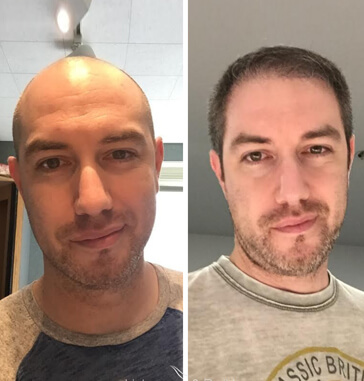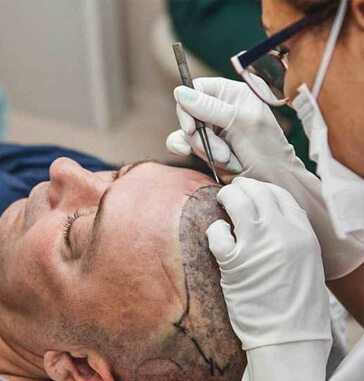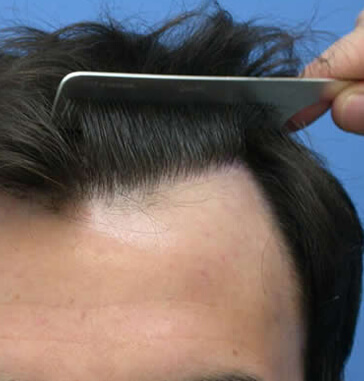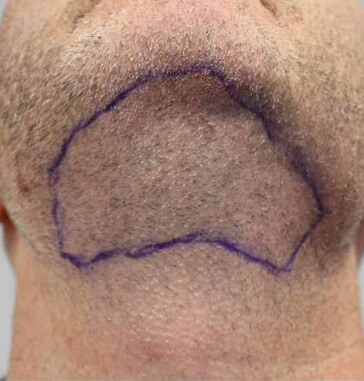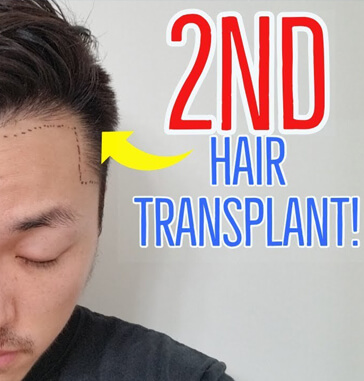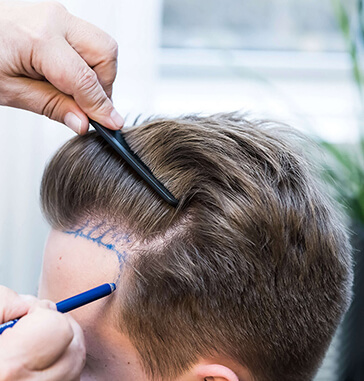What Is Shock Hair Loss After A Hair Transplant?
Shock hair loss after a hair transplant is a part of the perfectly normal healing process. Most patients expect fully grown new hair after a hair transplant procedure and find any kind of hair loss terrifying. However, it is normal for some hair to shed after a hair transplant and they will just grow back stronger and healthier in a few months.
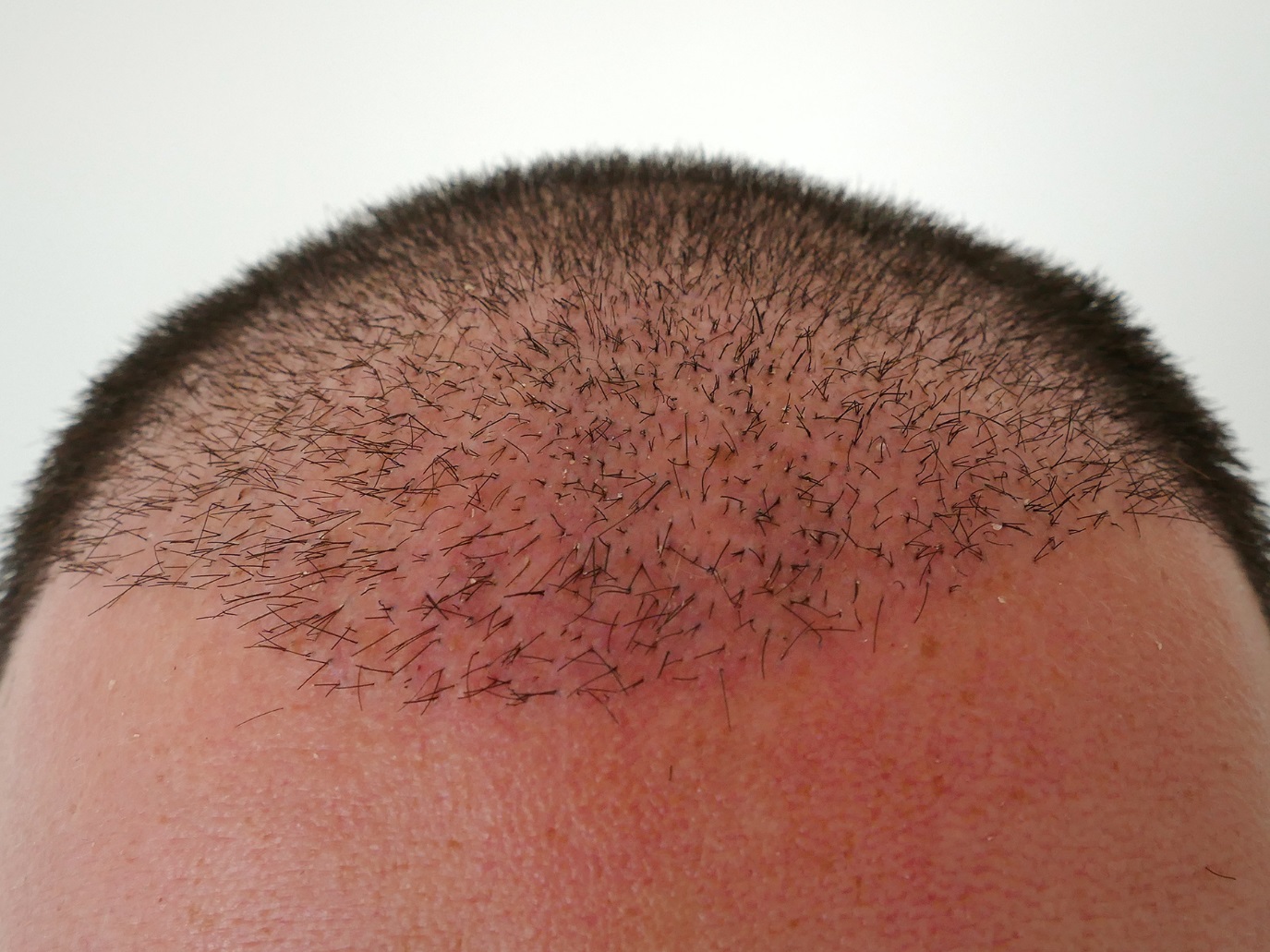
What Causes Chock Hair Loss After A Hair Transplant Procedure?
Shock hair loss after surgery is just part of the natural process of hair growth. It happens when your hair follicles go into the resting phase. It usually happens in 2 to 8 weeks after the surgery. Your hair goes through phases where it first grows, then rests, and then sheds. When the newly transplanted hair follicles go into the resting phase, they shed only to grow back in a few months. So shock hair loss does not mean that the newly transplanted hair follicles could not hold on to the scalp. It will happen despite the success of the hair transplant surgery, and you will get your hair back soon.
Shock hair loss is sometimes caused by the damage to healthy hair follicles during the hair transplant surgery, and possibly the stress caused to the scalp during the procedure. There are also risks of a hair transplant procedure even if it is a minimally invasive surgery and your doctor is an experienced one. But still, these risks are quite low and shock hair loss will generally be only temporary.
What is permanent shock hair loss after a hair transplant?
Though this is rare, you can lose your hair permanently after a hair transplant procedure. Permanent hair loss is when your hair follicles get damaged during the hair transplant surgery. Though it is not a common complication, your doctor may hurt your hair follicles by mistake.
When Will My Hair Grow After Shock Hair Loss?
Your hair on your scalp goes through three phases: anagen, catagen, and telogen. The hair spends limited time spent in these stages and every hair follicle will regrow after the telogen phase. Your hair will shed usually about 2 weeks to 2 months after the hair transplant procedure. And they will regrow probably in 4 to 8 months following the surgery. The exact time depends on the time of shock hair loss after surgery. However, you can expect to notice significant hair growth after 4 months of surgery.
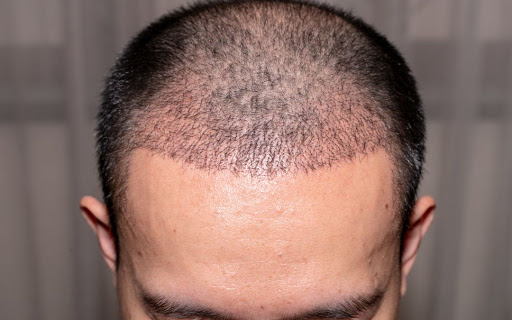
How To Protect Your Hair After Shock Hair Loss
After hair transplant and shock hair loss, you should take good care of yourself and your hair to protect your hair follicles and let them grow stronger. If you follow your doctor's instructions to get the best results from the hair transplant surgery.
- First of all, you should take all the necessary nutrients for healthy hair growth. It is not only our internal organs that need nutrients but our hair and nails need essential vitamins and minerals to be healthy and strong, too. If your body does not have them or cannot transfer them to your scalp, the newly transplanted hair follicles will be weak and may shed.
- You should avoid smoking and alcohol during the recovery period after the hair transplant procedure. Smoking adversely affects blood circulation to the hair follicles. Your hair follicles cannot receive the essential nutrients without good circulation.
- Avoid touching your hair and scalp as much as possible. If you touch or rub the sensitive hair follicles, you can prevent the hair follicles from holding onto the scalp. So avoid combing your hair hard, pulling or playing with it.
- Keep your hair from the sun for 3 months after the hair transplant procedure. Do not go out in the sun for the first 3 days because you should not wear a hat in the first days after the surgery. However, you can wear a hat and go out into the sun after 3 days.
- You should not do heavy exercises until you are completely recovered from the surgery. Avoid heavy exercises that will make you tired and cause you to sweat. Sweating will adversely affect your hair follicles and may pose a risk of infection. So you should avoid all the exercises that will cause you to sweat and be hard on your body. You should avoid heavy exercises such as fitness and running but you can start light exercises such as yoga and walking one week after the surgery. Your doctor may damage the hair roots while taking the grafts out from the donor area to transfer them into the recipient area.

